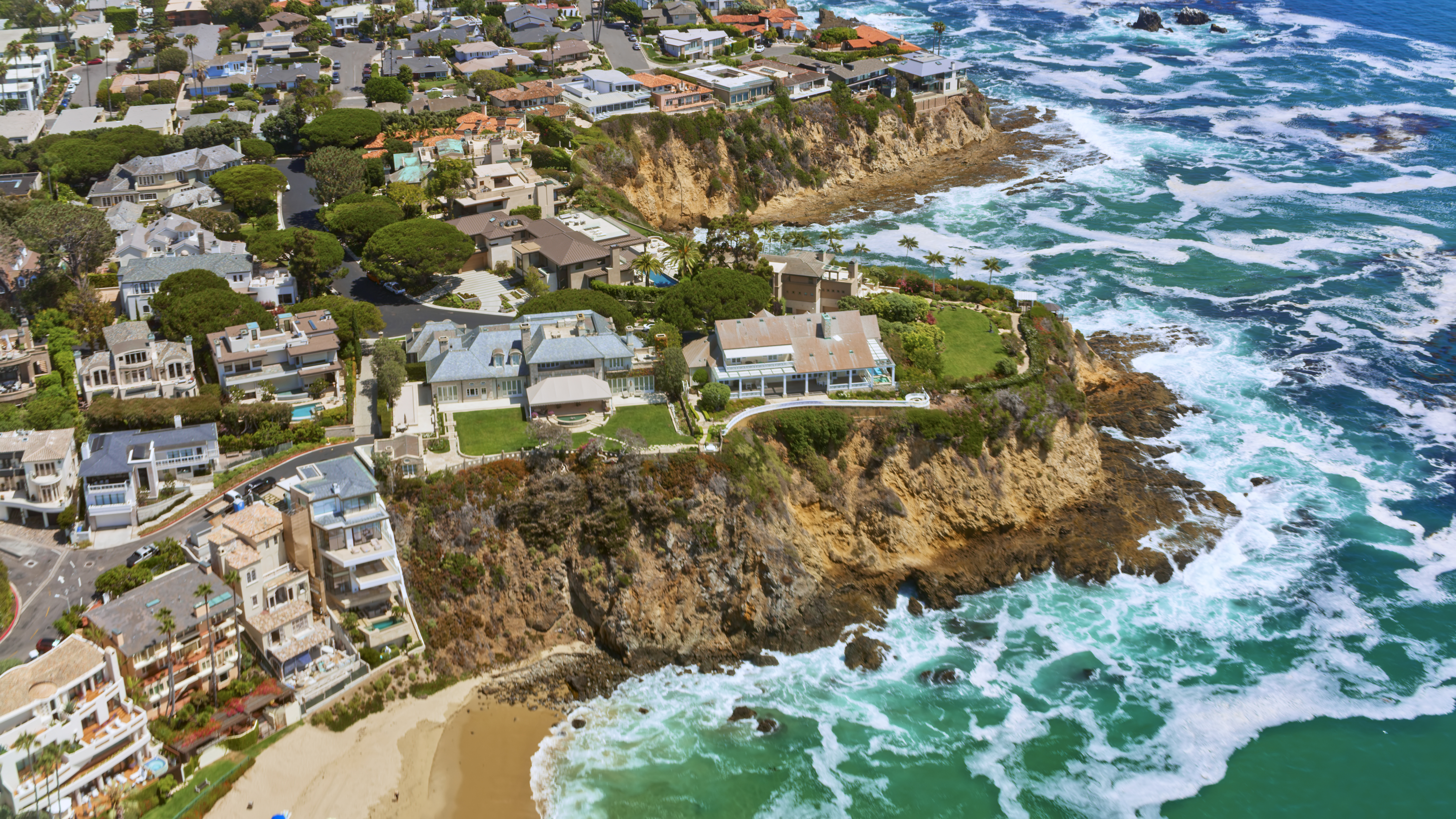
Get matched with top earthquake retrofitting specialists in Frisco, CO
Enter your ZIP and get matched with up to 5 pros
Need a pro for your earthquake retrofitting project in Frisco, CO?
Find Earthquake retrofitting specialists in Frisco
No results for Earthquake retrofitting specialist in
Try adjusting your search criteria.The Frisco, CO homeowners’ guide to earthquake retrofitting services
From average costs to expert advice, get all the answers you need to get your job done.
 •
•Discover how much it costs to repair earthquake damage. Learn about average costs, key factors, and ways to save on earthquake repairs for your home.

A seismic shut-off valve stops the flow of gas during an earthquake, protecting your home from fires and explosions. Here’s what your earthquake valve installation cost will look like.
 •
•Earthquake retrofit costs vary based on home size, location, and project scope. Learn what impacts your price and how to budget for a safer, more secure home.

Is earthquake retrofitting worth the cost and time? Learn whether seismic updates are a smart idea for your home and how to do it right.

In a seismic event, an earthquake gas shut-off valve could stop gas leaks and save your life. Learn more about its costs, installation, and benefits.

If you live near a fault line, your home may need an earthquake retrofit. Find out what you need to know about the process, from costs to who you should hire.
- Georgetown, CO Earthquake retrofitting specialists
- Idaho Springs, CO Earthquake retrofitting specialists
- Central City, CO Earthquake retrofitting specialists
- Nederland, CO Earthquake retrofitting specialists
- Black Hawk, CO Earthquake retrofitting specialists
- Conifer, CO Earthquake retrofitting specialists
- Kittredge, CO Earthquake retrofitting specialists
- Evergreen, CO Earthquake retrofitting specialists
- 🌱 "Mow a small front yard"
- 🛠 "Fix a leaking pipe under the sink"
- 🏠 "Repair shingles on an asphalt roof"